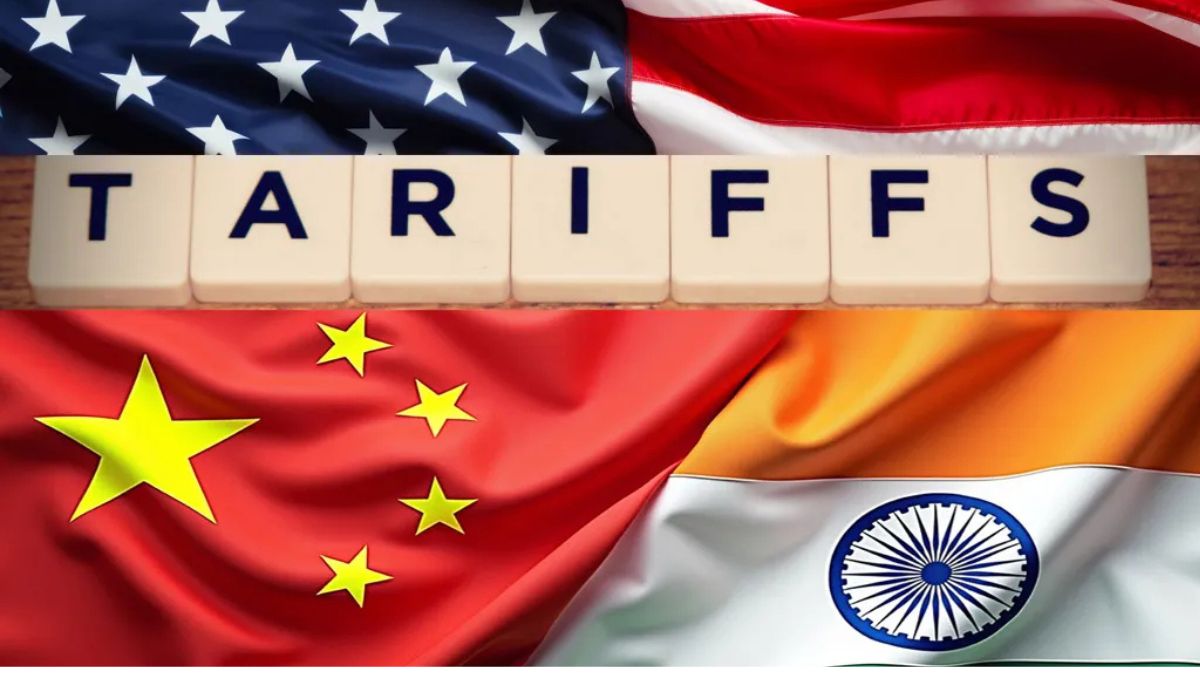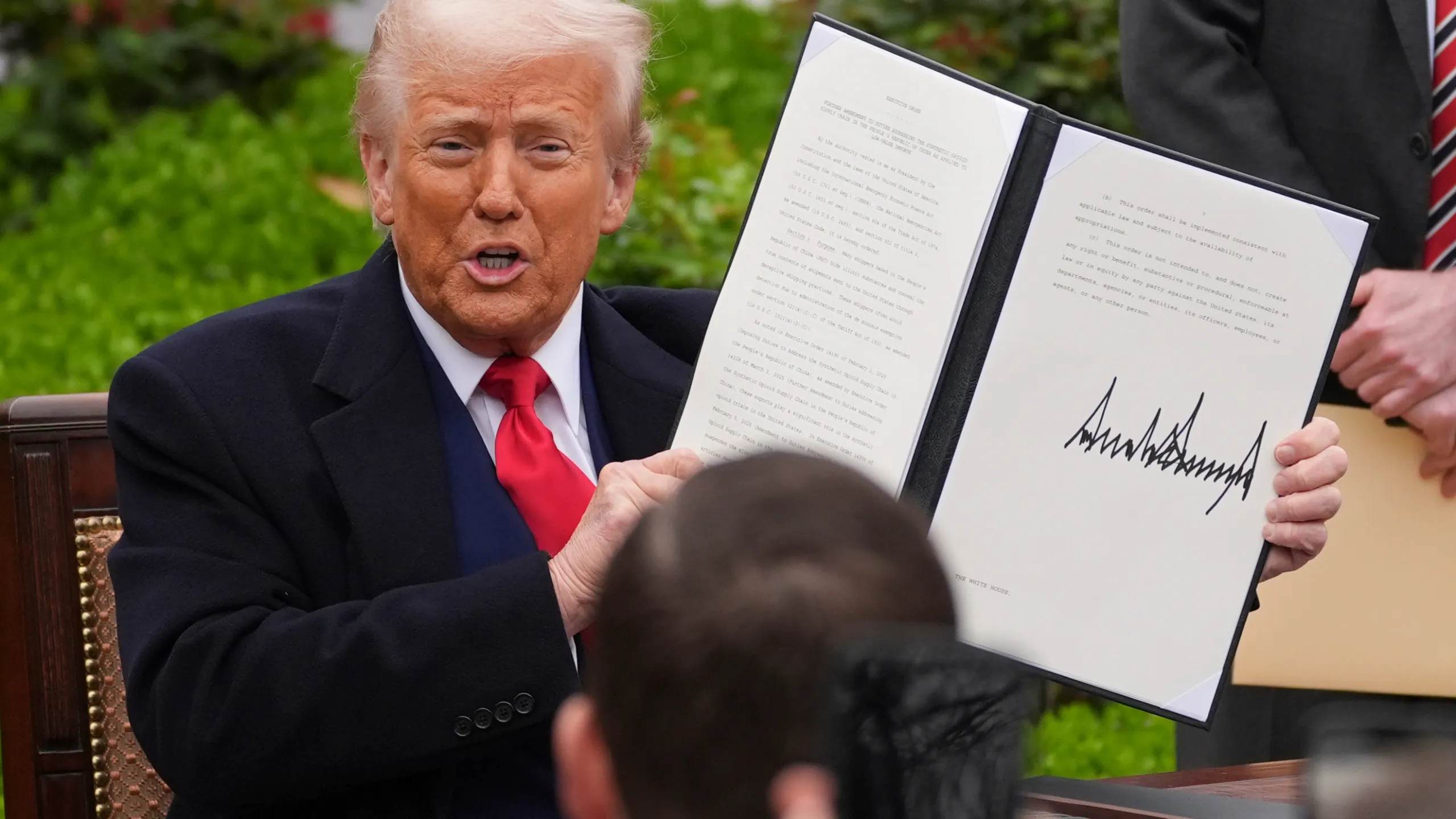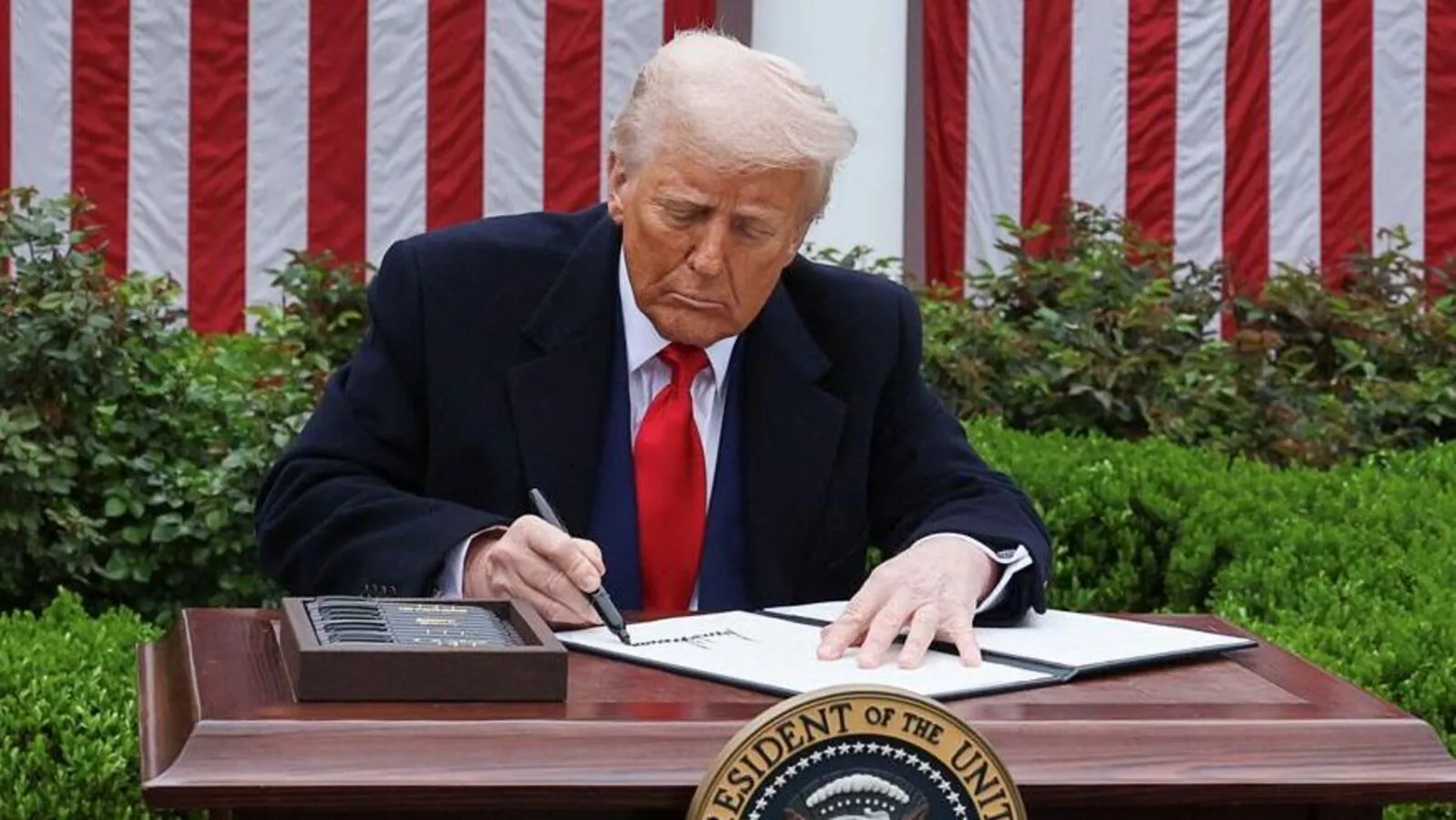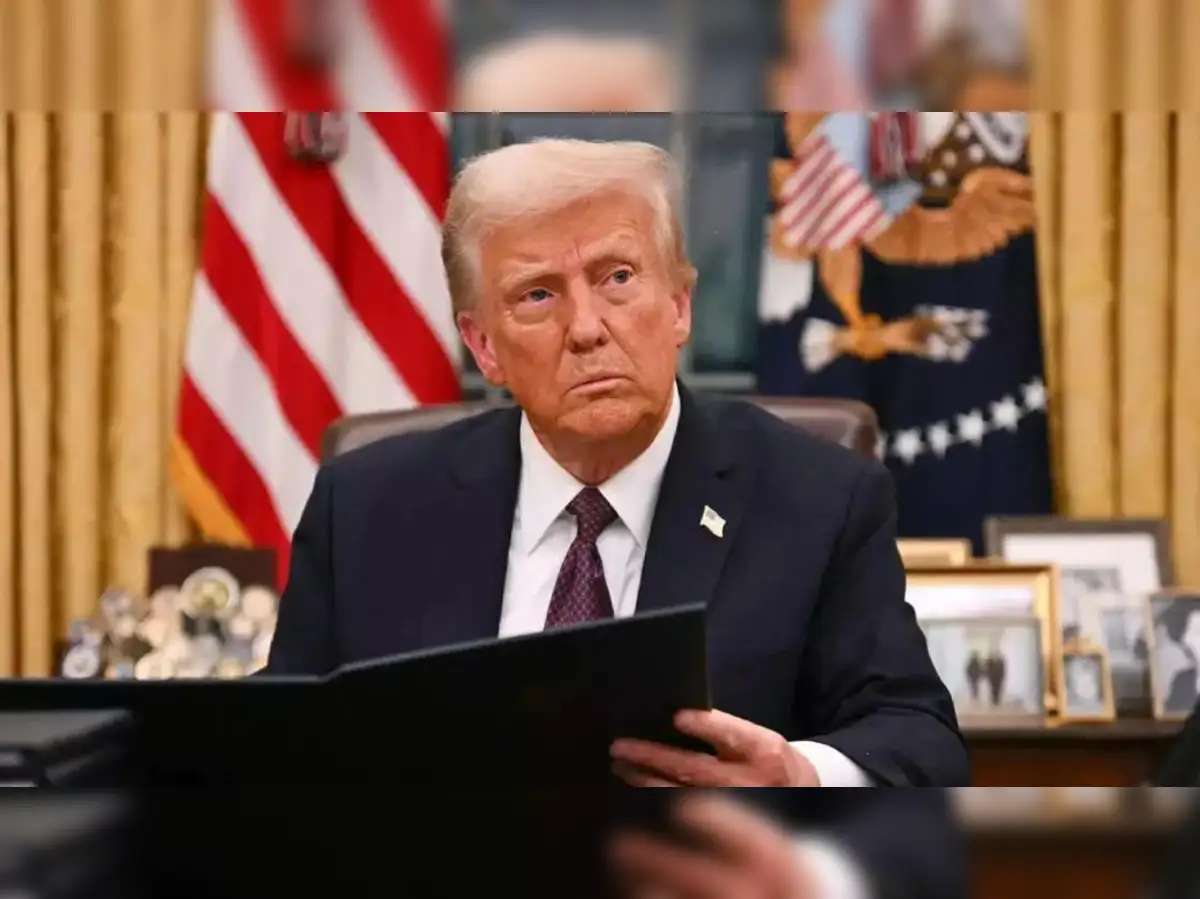
Trump Tariffs Highlights – Interests Prioritized Ahead of Trade Talks
In a decisive stance that underscores its commitment to safeguarding domestic agriculture, India has firmly refused to compromise on farmers’ interests amid escalating trade tensions associated with recent tariffs imposed by the United States. As global trade negotiations prepare to resume, India’s position signals a clear message: the nation prioritizes the well-being of its farmers over short-term economic concessions. This stance is not only a reflection of India’s strategic economic policies but also highlights the profound importance of agriculture and rural livelihoods in the country’s socio-economic fabric.
Background: The U.S.-India Tariffs Confrontation
Recently, the international trade landscape was rocked by the announcement of new tariffs by the Trump administration, affecting several key sectors. The imposition of tariffs is often viewed as a tool to protect domestic industries, but in the case of India, it has sparked significant concerns, especially among farmers and agricultural stakeholders. India’s response has been unambiguous: the government refuses to dilute its stance on preserving farmers’ interests, considering agriculture a vital pillar of its economy and a livelihood source for over half of its population.
India’s Firm Stand: Prioritizing Farmers’ Interests
During the recent trade talks, scheduled to resume on August 25, India reiterated its position that it would not accept terms detrimental to its farmers. Officials emphasized that any trade agreement must respect India’s sensitive sectors, particularly agriculture and allied industries. India’s agricultural policies have historically aimed to bolster farmers’ income and ensure food security, and the government is determined to uphold these priorities, even amid external pressures.
In a strategic move, India signaled that while it remains open to negotiations, its red lines are non-negotiable when it comes to protecting the livelihoods of millions engaged in farming. This includes resisting any demands for subsidy reductions or market access that could adversely impact smallholder farmers, who constitute the backbone of Indian agriculture.
Trade Talks Resuming: What to Expect
Trade negotiations are set to resume in late August, offering a critical opportunity for both nations to find a balanced approach. India’s stance indicates a willingness to engage diplomatically but with firm boundaries. Experts suggest that India’s priorities will be focused on:
- Safeguarding agricultural subsidies to protect small farmers from market volatility.
- Maintaining tariffs or import restrictions on certain agricultural commodities.
- Seeking fairer trade terms that do not compromise India’s food security and farmers’ income.
While the U.S. might push for concessions, India appears prepared to stand its ground, emphasizing that any agreement must not undermine the rights and vitality of its rural sectors.
The Broader Implications of India’s Stand
India’s firm response to the tariffs and the principles guiding its negotiations showcase a broader strategic vision: prioritizing sustainable growth that benefits its populace. The government recognizes that agriculture is intertwined with national stability, rural development, and poverty alleviation. It aims to negotiate trade deals that do not threaten these foundational pillars.
Moreover, this stand sends a powerful message to international trading partners: India is willing to defy external pressure when core domestic interests are at stake. The resolve to defend farmers’ interests aligns with India’s broader economic strategy of self-reliance and resilience, especially amid global uncertainties.
Public Sentiment and Domestic Politics
The government’s firm stance resonates strongly with farmers and rural communities, who have historically felt marginalized in global trade discussions. Farmers’ organizations have expressed their support for safeguarding policies that protect their livelihoods from the volatility introduced by fluctuating international tariffs and trade barriers.
Potential Challenges Ahead
While India’s position reflects strength and sovereignty, it also presents challenges:
- Risk of trade stalemates that could impact bilateral relations if negotiations do not yield mutually acceptable terms.
- Possible retaliatory measures from the U.S., which may escalate into a broader trade conflict.
- Internal pressures to balance economic growth with agricultural protectionism.
Nevertheless, India’s strategic emphasis remains on protecting its farmers, emphasizing that economic diplomacy should align with national interests.
Future Outlook: Negotiations and Global Trade Dynamics
As the negotiations set to resume, experts believe a pragmatic approach will be essential. India must navigate complex geopolitical realities, balancing its domestic priorities with international trade commitments. While the stance is firm on agricultural interests, India is also open to finding innovative solutions that can address the concerns of all stakeholders.
In the broader context of global trade, India’s approach underscores a shift toward more assertive trade policies, emphasizing sovereignty and protection of vulnerable sectors. The outcome of these talks could set a precedent for how emerging economies assert their interests in the face of external pressures.
Conclusion
India’s rejection of Trump tariffs, with a clear emphasis on defending its farmers’ interests, exemplifies a firm commitment to safeguarding domestic priorities amidst global trade tensions. As negotiations reopen, the world will be watching how India balances its national interests with the complexities of international diplomacy. This stance reaffirms India’s resolve to protect its agricultural backbone and ensure a resilient, self-reliant economy.
For more updated news please keep visiting Prime News World.








